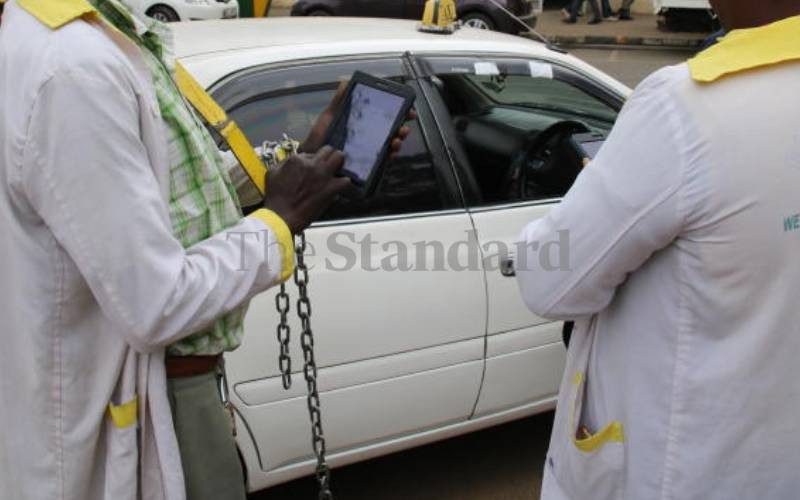×
The Standard e-Paper
Fearless, Trusted News

Some crafty city county officers in charge of collecting parking fees are on the spot over claims that they are pocketing millions of shillings.
It emerged that for a while now, the racket has contributed to the dwindling revenue in the county's coffers, which has been attributed to laxity and greed.